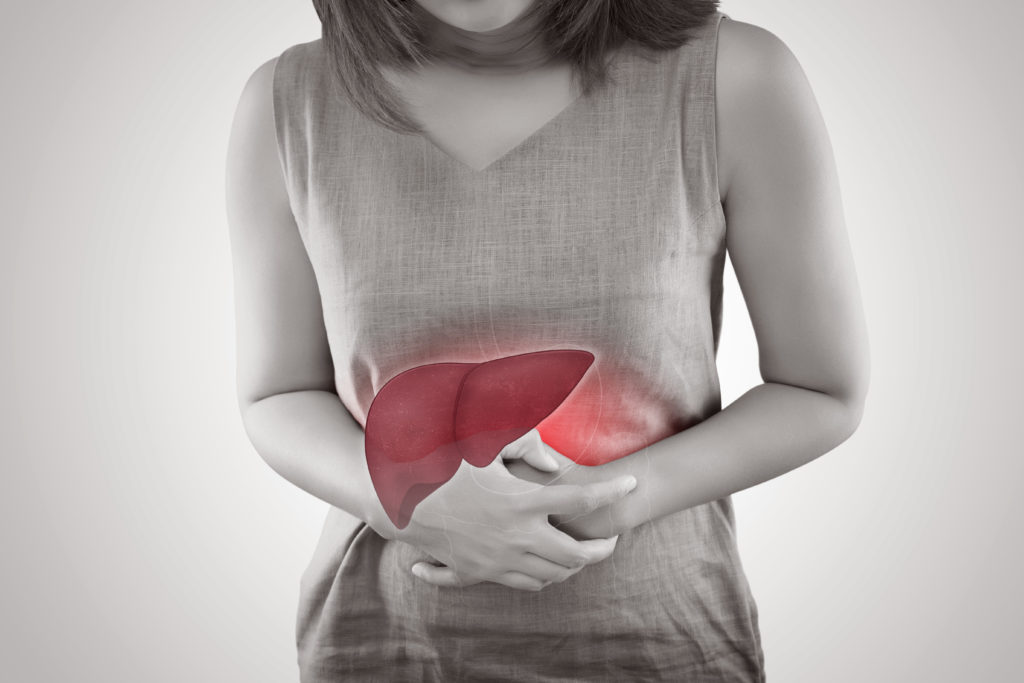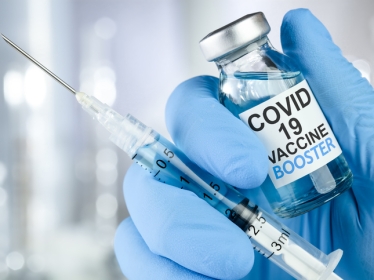
What are Hepatitis A and B?
Hepatitis A and B are viruses, which can infect the human liver and cause liver disease. They are often confused with each other, but in fact, they are actually very different.
Hepatitis A causes an illness, which is short-lived and self-limiting. In contrast, Hepatitis B often presents as a liver disease, which is long standing and chronic in nature.
What are the different strains of Hepatitis?
There are many strains of liver viruses. These include Hepatitis A, Hepatitis B, Hepatitis C, Hepatitis D and Hepatitis E. Hepatitis A and B are the most common strains in Singapore.
Do note that these are not the only viruses that can cause liver disease. Our liver specialists at Nobel Gastroenterology Centre have treated liver infections caused by other viruses such as Cytomegalovirus, Epstein-Barr virus and Herpes simplex viruses. Even Covid-19 can cause liver damage.
Who is at risk of contracting Hepatitis A & B?
Hepatitis A
Hepatitis A is transmitted by ingesting contaminated food and water. A person is at risk of contracting Hepatitis A, if he or she consumes food that is not cooked thoroughly. Heat that is generated during cooking inactivates the virus, even if the ingredients are contaminated.
Foods which may be contaminated include:
- Shellfish (e.g. oysters)
- Fresh fruits
- Untreated water
Hence, anyone can get a Hepatitis A infection if the food is contaminated and undercooked or eaten raw.
Hepatitis B
The Hepatitis B infection is spread by blood and body fluids. It is not transmitted by food. In Asia, the most common mode of Hepatitis B transmission is from a mother to her child during childbirth. This is called vertical transmission and it results in the child becoming a Hepatitis B carrier.
Pregnant women who are Hepatitis B carriers are often referred to our specialists at Nobel Gastroenterology Centre for a screening test to ascertain the quantity of virus in their body. Mothers with a high viral count have a high risk of passing the infection to their foetus. This can be prevented with a special medicine.
Infection with Hepatitis B can also occur any time after birth. Risk factors for transmission include:
- Sexual intercourse with a Hepatitis B carrier
- Receiving a blood transfusion from an infected donor
- Drug abusers who share needles
- Exposure from contaminated dental equipment, acupuncture needles and tattooing equipment
In Singapore, blood products (e.g. platelet transfusion, red blood cell transfusion) are screened for Hepatitis B virus and the levels of sterility are high. Hence, exposure to medical or dental equipment, and blood products do not increase one’s risk of a Hepatitis B infection.
What are the symptoms of Hepatitis A & B, and what are the potential complications that it can lead to?
Symptoms of Hepatitis A
Hepatitis A presents with nausea and vomiting in the initial stages. Diarrhoea and fever may be present as well. These symptoms are often mistaken for another episode of gastroenteritis (food poisoning). However, after the symptoms abate, one develops lethargy, right-sided abdominal discomfort from liver inflammation, and jaundice. A liver test will show severe inflammation of the liver (hepatitis and an elevated bilirubin level).
Hepatitis A is a self-resolving illness. One’s immune system will combat the virus and eradicate it. Medicines are given to support the liver and to treat any symptoms that are present. In less than 1% of all infections, liver failure may occur. When this happens, a liver transplant may be lifesaving. Individuals at risk of liver failure are those with coexisting liver disease and the elderly.
Symptoms of Hepatitis B
The most common form of Hepatitis B infection is a carrier state (Hepatitis B carrier). This implies that the individual has the virus circulating in the blood without any symptoms or liver damage.
Some Hepatitis B carriers may develop an acute Hepatitis B flare that is characterised by jaundice, lethargy, nausea and right-sided abdominal pain. A severe flare can result in liver failure and even death, if it is not treated early.
Other individuals with Hepatitis B may experience low-grade liver inflammation. Over several years, this may result in permanent liver damage called liver cirrhosis. The complications of liver cirrhosis include liver cancer, swelling of the legs, increased risk of bleeding, water retention and jaundice.
At Nobel Gastroenterology Centre, we manage individuals with chronic Hepatitis B and evidence of liver damage either on blood tests or an ultrasound scan. Patients are given special liver medicines to control the infection.
It is recommended that all Hepatitis B carriers should have their liver checked by their GPs. A blood test is performed every 6 months and an ultrasound scan every 6 to 12 months. This can be performed at any Healthway Medical GP clinic.
How can I protect myself from Hepatitis A & B?
As Hepatitis A is transmitted by food, always eat food that is properly cooked. Individuals residing in a country where hygiene standards are poor will benefit from Hepatitis A vaccination.
Individuals who eat oysters and shellfish should also consider vaccination. The hepatitis A vaccine consists of 2 doses administered 6 months apart. Individuals who receive the vaccine will have lifelong immunity from Hepatitis A.
Hepatitis B is also preventable by a vaccine. This requires 3 injections, administered over a period of 6 months. Once immunity is present after vaccination, the protection is lifelong.
Individuals who need Hepatitis B vaccination are those who live with a partner or family member with Hepatitis B. Workers at risk of exposure to body fluids, such as paramedics, healthcare workers, should be vaccinated as well.
In summary, Hepatitis A and B can be prevented with vaccination. A combined Hepatitis A and B vaccine which is available at GP clinics, can confer immunity to both diseases after a single course of 3 injections. Individuals with existing liver disease and those with risk factors should strongly consider vaccination.





